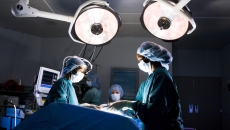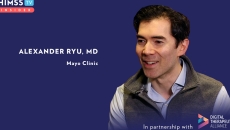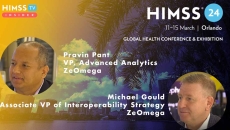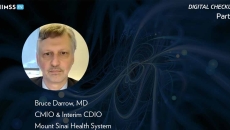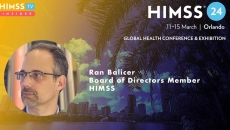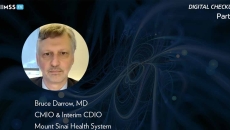AI
Interestingly, young physicians see more risk to it than their senior counterparts.
It has shown 82% accuracy in detecting stroke, comparable to paramedics, according to RMIT University.
Also, digital twin technology is being tested to optimise mechanical ventilation.
Mayo Clinic vice chair of AI and innovation Dr. Alexander Ryu discusses building frameworks for AI fairly and equitably through collaboration - and how the organization decides to partner with companies with already established models.
HIMSS24
SVP of advanced analytics Pravin Pant and associate VP of interoperability strategy Michael Gould, both at ZeOmega, discuss how providers should adopt FHIR standards to achieve TEFCA compliance and enable easier data sharing with payers.
In part two of a two-part series, Dr. Bruce Darrow, CMIO and interim CDIO at Mount Sinai Health System, discusses how the health system utilizes AI for predictive care, reading diagnostic images, and streamlining administrative operations.
HIMSS24
Ran Balicer, HIMSS board of directors member, talks about the possibility of clinical digital support technology to personalize care by helping clinicians predict potential health issues for patients so they can be prevented.
In part one of a two-part series, Dr. Bruce Darrow, Mount Sinai Health System CMIO and interim CDIO, relays how patients may gain confidence in relying on AI instead of doctors as accuracy of pattern recognition and predictive models improve.
HIMSS24
Dr. Calum Yacoubian, director of NLP healthcare strategy at IQVIA, says AI can support, not replace, clinicians in improving care delivery, and discusses some best practices for its safe and ethical use.
The HIMSS AI in Healthcare Forum is scheduled to take place September 5-6 in Boston. Learn more and register.
The company offers a clinical vetting process and care-management pathway for individuals suffering from substance use disorders.
